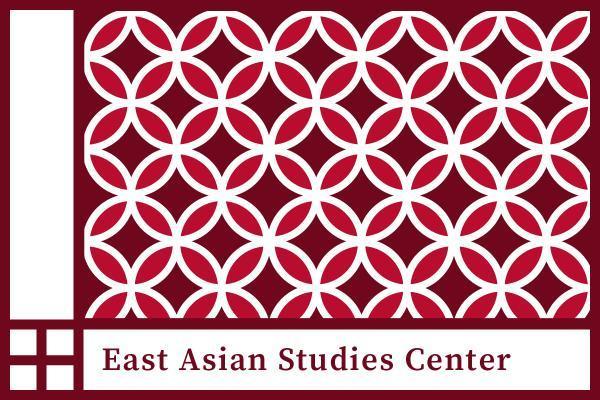This lecture will be presented in Korean.
The Institute for Korean Studies presents:
The N-po Generation: Youth, Pressure, and Social Change in South Korea
Kwang Hee Hong
Yeungnam University
Abstract: N포 세대’는 최근 한국 사회에서 만들어진 신조어로, 20-30대 청년들이 높은 집값과 취업난 등으로 인해 겪는 어려움과 사회적 문제를 대변하는 표현이다. 이 용어는 처음 ‘삼포 세대’에서 비롯되었는데, 이는 연애, 결혼, 출산이라는 세 가지를 포기하거나 미루는 청년 세대를 가리킨다. 나아가 한국 경제의 침체, 경쟁적 사회 분위기와 비교 문화 등으로 인해 청년들은 과중한 부담과 압박감, 심리적 불안과 우울에 시달리며 삶의 여러 영역을 무기한 미루거나 포기하게 되었다. 이러한 현실 속에서 집과 경력까지 포기한다는 의미의 ‘오포 세대’라는 용어가 등장했으며, 점차 포기하는 대상이 늘어나면서 이를 아울러 ‘N포 세대’라고 부르게 되었다. 이번 강의에서는 청년들이 점차 더 많은 영역에서 좌절을 경험하게 되는 한국 사회의 다양한 양상과, 그 배경에 자리한 경제적·사회적 압박 요인들을 살펴보고자 한다.
The term “N-po Generation” is a relatively new expression in South Korea, used to describe people in their 20s and 30s who struggle under the weight of soaring housing prices, a stagnant job market, and other social challenges. The concept first emerged as the “3-po Generation,” referring to young people who gave up or indefinitely postponed three major milestones in life: dating, marriage, and having children.
As the economy faltered and competition and comparison became defining features of Korean society, young adults found themselves overwhelmed by financial pressures, social expectations, and psychological strain. In this climate, the notion of the “5-po Generation” arose, describing those who, in addition to the original three, had also given up on home ownership and stable careers. As the list of sacrifices grew, the broader term “N-po Generation” came into use, with N signifying the indefinite number of things young people feel compelled to abandon.
In this lecture, I will examine how young South Koreans are experiencing deepening frustration and disillusionment across multiple aspects of life, and consider the broader economic and social pressures that drive this phenomenon.
Prof. Kwang Hee Hong is a professor in the Department of English Language Education at Yeungnam University, Korea. He earned his B.A. in English Language and Literature from Yeungnam University and his M.A. and Ph.D. in Foreign and Second Language Education from The Ohio State University. His research encompasses various aspects of second and foreign language acquisition, with a particular focus on AI and Computer-Assisted Language Learning (CALL). He has published extensively in journals such as CALICO Journal, ReCALL, and Current Applied Physics.

